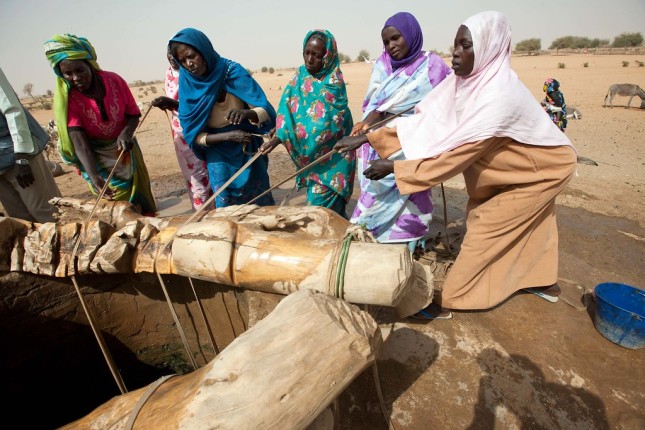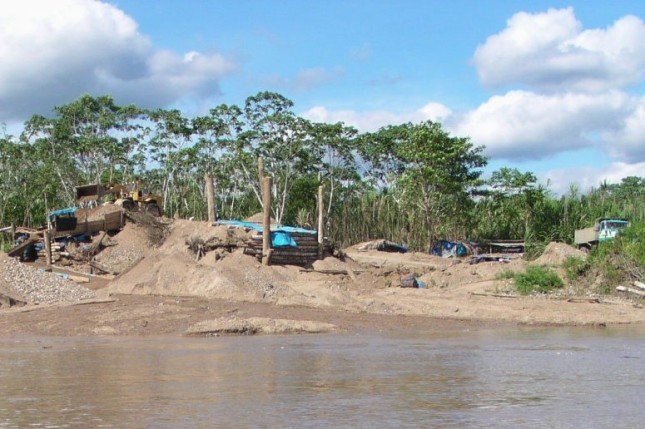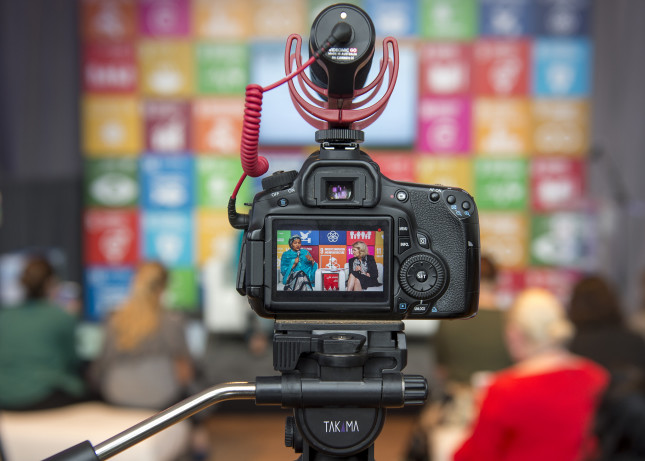-
Can a Synthetic Substitute Save the Pangolin?
›
With on average one pangolin poached from the wild every five minutes, this scaly anteater is the most highly trafficked animal in the world. Despite an international trade ban and millions of dollars of education campaigns, the killing of the pangolin for food and medicines continues unabated. In particular, the use of its scales in traditional Chinese medicine (TCM) is a large driver of demand.
-
Is Environmental Peacebuilding the Answer to South Sudan’s Conflict?
›
September 12, 2019 marks one year since South Sudan’s President Salva Kiir and former Vice President-turned-opposition leader Riek Machar signed a new peace agreement. The human and environmental cost of the five-year war it ended has been staggering. Women and girls have often borne the brunt of the violence. Fighting and displacement have also placed tremendous pressure on the country’s abundant wildlife and natural resources. Militarized cattle raiding and competition over access to traditional grazing lands threaten the country’s tenuous stability. Gender-sensitive environmental peacebuilding promises to be one of the strategies needed to resolve these multiple challenges.
-
How Terrorists Leverage Climate Change
›
Policymakers and emergency managers tend to build a conceptual wall between natural hazards and terrorism. The causes of—and remedies for—these two kinds of disasters are seen as separate and distinct. But, in the era of climate change, the wall between the two is crumbling.
-
David DeArmey on Engaging Communities to Increase Water Point Functionality
›Friday Podcasts // Water Security for a Resilient World // Water Stories (Podcast Series) // September 6, 2019 // By Benjamin Bosland“Water point functionality goes beyond the mechanical structure of a pump,” says David DeArmey, Director of International Partnerships at Water for Good in this week’s Water Stories podcast. “Community dynamics play a role in how the water point is managed on a daily basis.”
-
Untapped Opportunities? The Need to Integrate Young Women in Water Management
›
Water security is a pervasive climate issue and one that has increasingly been viewed as a gendered issue. Worldwide, women and girls spend 200 million hours collecting water every day. While doing so, they place themselves at increased risk of assault and become more likely to develop medical issues related to physical labor. They also pay an opportunity cost, as this time could be better spent in school or performing other productive tasks.
-
Lisa Palmer, Mongabay
Precision conservation: High tech to the rescue in the Peruvian Amazon
›August 28, 2019 // By Wilson Center Staff
The mother capybara and her three babies chew on grasses along the Los Amigos River as we drift near. Around a bend, white caimans fortify each sandbar, mouths open, waiting. Kingfishers plunge into the water to retrieve a morning meal, as oropendolas fly overhead. Spider monkeys and red howlers balance in the treetops of the soaring canopy 30 to 60 meters (100 to 200 feet) high that lines both riverbanks.
-
Achieving the SDGs: Three New UN Reports Call for Reoriented Policy Priorities
›
This summer, United Nations agencies published three reports that offer a sobering assessment of the current state of international security and development, focusing on multidimensional poverty, hunger, and forcible displacement. As some countries succeed in steadily improving the living conditions of their most vulnerable populations, others have struggled to overcome sustained episodes of political instability and violent conflict. Together, the reports affirm the urgency with which the international community must reorient its policy priorities and take action to achieve the Sustainable Development Goals (SDGs) by 2030.
-
Providing Water Security in an Uncertain World
›
A problem is looming. Most water infrastructure isn’t designed to meet the demands of the increasingly volatile world that climate change is producing. Our modern landscape requires a reconceptualization of infrastructure’s demands and needs that often defies convention. And nowhere is a flexible and responsive approach more crucial than in water infrastructure, where we are experiencing unprecedented changes in flows and increasing pressures on consumption, according to Wellspring: Source Water Resilience and Climate Adaptation, a new report from the Global Resilience Partnership, the Alliance for Global Water Adaptation and The Nature Conservancy. The report explores some ways practitioners can take a new approach to source water protection that would enhance resilience and help sustain communities and ecosystems in a shifting climate.
Showing posts from category security.











